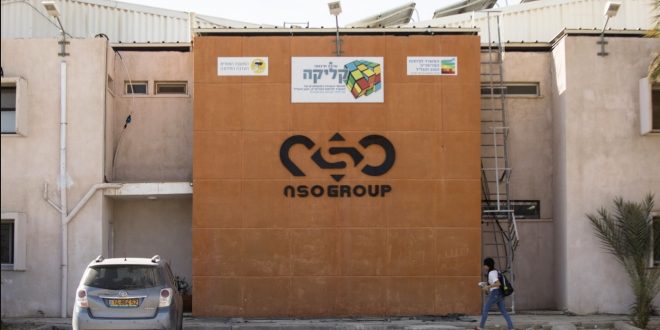A complaint filed by WhatsApp disputing the alleged widespread phone hacking by Israeli spyware maker NSO Group was not dismissed by the U.S. Supreme Court.
In 2019, Meta-owned WhatsApp launched a lawsuit against NSO Group, alleging that the spyware manufacturer used a flaw in audio calling to covertly install its Pegasus phone spyware on customers’ handsets. Pegasus offers its government clients almost total access to a target’s device, including their personal information, pictures, texts, and precise position information.
According to the lawsuit, Pegasus compromised more than 1,400 devices belonging to journalists, activists, and government officials.
In April of last year, NSO Group submitted a petition to dismiss the complaint, claiming that because it was acting on behalf of a foreign government, it could not be sued. After been earlier denied by a California district court and then by the U.S. Appeals Court for the Ninth Circuit, this so-called “sovereign immunity” claim was rejected by the U.S. Supreme Court on Monday. The U.S. District Court for the Northern District of California will once again hear the case.
NSO Group spokesperson Liron Bruck said in a statement that the business is “confident” the court would rule that the use of Pegasus by its clients was appropriate. Speaking on behalf of the company, Carl Woog of WhatsApp told TechCrunch that NSO “must be brought to account for their unlawful practices” and that the firm was “grateful to see the Supreme Court reject NSO’s unfounded appeal.”
The NSO Group has recently been involved in a number of legal challenges, including the WhatsApp lawsuit. In an effort to make it more challenging for the business to function, Apple also sued the spyware developer, asking for a permanent injunction to prevent the spyware developer from using any Apple products or services.
After Pegasus spyware was found on their iPhones in November, journalists from an investigative news organization in El Salvador also sued NSO in a U.S. court. The Knight First Amendment Institute at Columbia University, which is defending these journalists, applauded the Supreme Court’s ruling on Monday.
“We’re happy that the Supreme Court denied the appeal from NSO Group. According to Carrie DeCell, senior staff attorney at the Knight First Amendment Institute, “today’s ruling clears the way for lawsuits made by the internet corporations as well as for cases brought by journalists and human rights campaigners who have been the targets of spyware attacks. “One of the most significant challenges to press freedom and democracy today is the use of spyware to monitor and threaten journalists.”
 Tech Gadget Central Latest Tech News and Reviews
Tech Gadget Central Latest Tech News and Reviews




